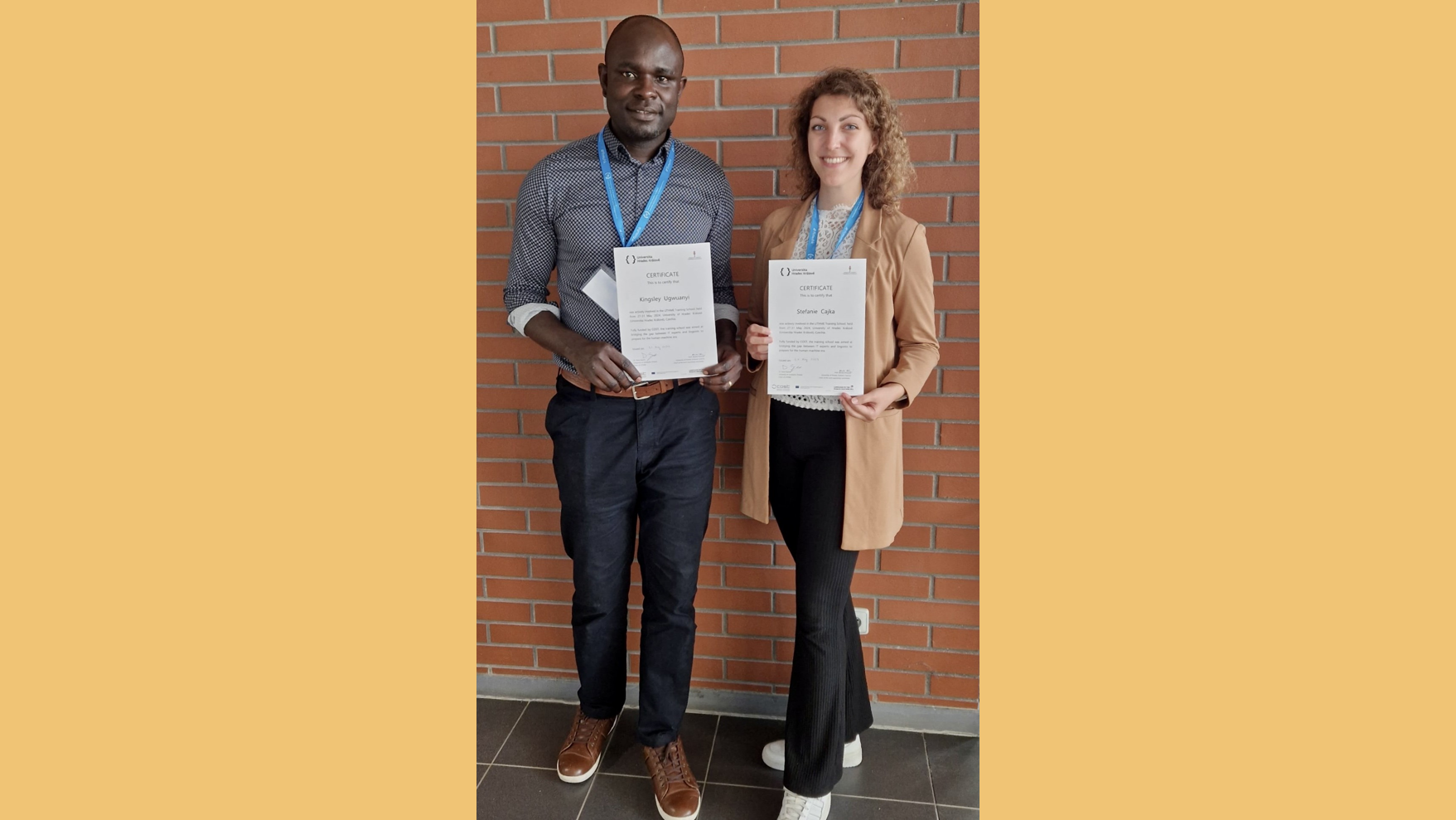
Linguistic diversity in Spain
Spain is home to several languages other
than Spanish – the official language – , such as Catalan, Aranese, Galician and
Basque (Euskera). These languages have been preserved in their respective
regions, thanks to the so-called autonomous governments. However, not all the
languages have been granted the same protection rights.
Castilian
Castilian (Castellano) is a term
that can refer to the Spanish language as it is spoken in Spain, in contrast to
the Spanish spoken in Latin America (Español), or it can refer to just
the Spanish spoken in the North of the Spain (as opposed to the Andalusian
Spanish of the South). While Spanish is the official language in all of Spain,
there are various varieties of Spanish spoken in different regions.
Catalan
Catalan is one of the official languages of
Catalonia, the Valencian Community and the Balearic Islands. In Catalonia (Catalunya),
Catalan is the main language for primary and secondary education, as well as a
requirement for public service workers. However, in everyday use, Spanish is
still the dominant language throughout Catalonia.
Aranese
Next to Castilian and Catalan, Aranese (Aranés)
is the third official language of Catalonia. It is mainly spoken in Val d’Aran,
a valley in the north of the country. While considered an endangered language,
the popularity of Aranese in terms of daily use and speaker numbers is slowly,
but steadily on the rise. Since 1984, the language has been taught alongside
Spanish and Catalan in schools in Val d’Aran, and the curriculum now requires
two hours of classes for each language per week.
Galician
Galician (Galego) is the official
language of Galicia, an autonomous community in northwestern Spain. In Galicia,
it is recognised as an autochthonous language, meaning that by law, it is the
first language of local governments and administrations. Galician is also
required to be taught alongside Spanish in schools – it is, however, doubtful
that all schools strictly comply with this law.
Basque
Basque (Euskara) is the official language of the Basque Country and is said to be one of the oldest languages in Europe. To ensure that the language is used and easily understood by speakers of all Basque dialects in formal situations such as education, literature and media, the Euskaltzaindia developed Euskara Batua, a standardised form of the Basque language, in the late 1960s.
In addition to the five languages presented in this article, Spain is home to many other languages and dialects spoken in various regions, such as Asturian, Aragonese, Fala, or Portuguese, not to mention the numerous other languages spoken by minorities and immigrant communities. Legal protection for these languages and dialects varies greatly, as does their number of speakers. The multidimensional culture of Spain is directly linked to its linguistic diversity, a highly valuable cultural asset for any country.
Keywords
Spain, languages, minority languages,
official languages, Castilian, Catalan, Aranese, Galician, Basque, linguistic
diversity


